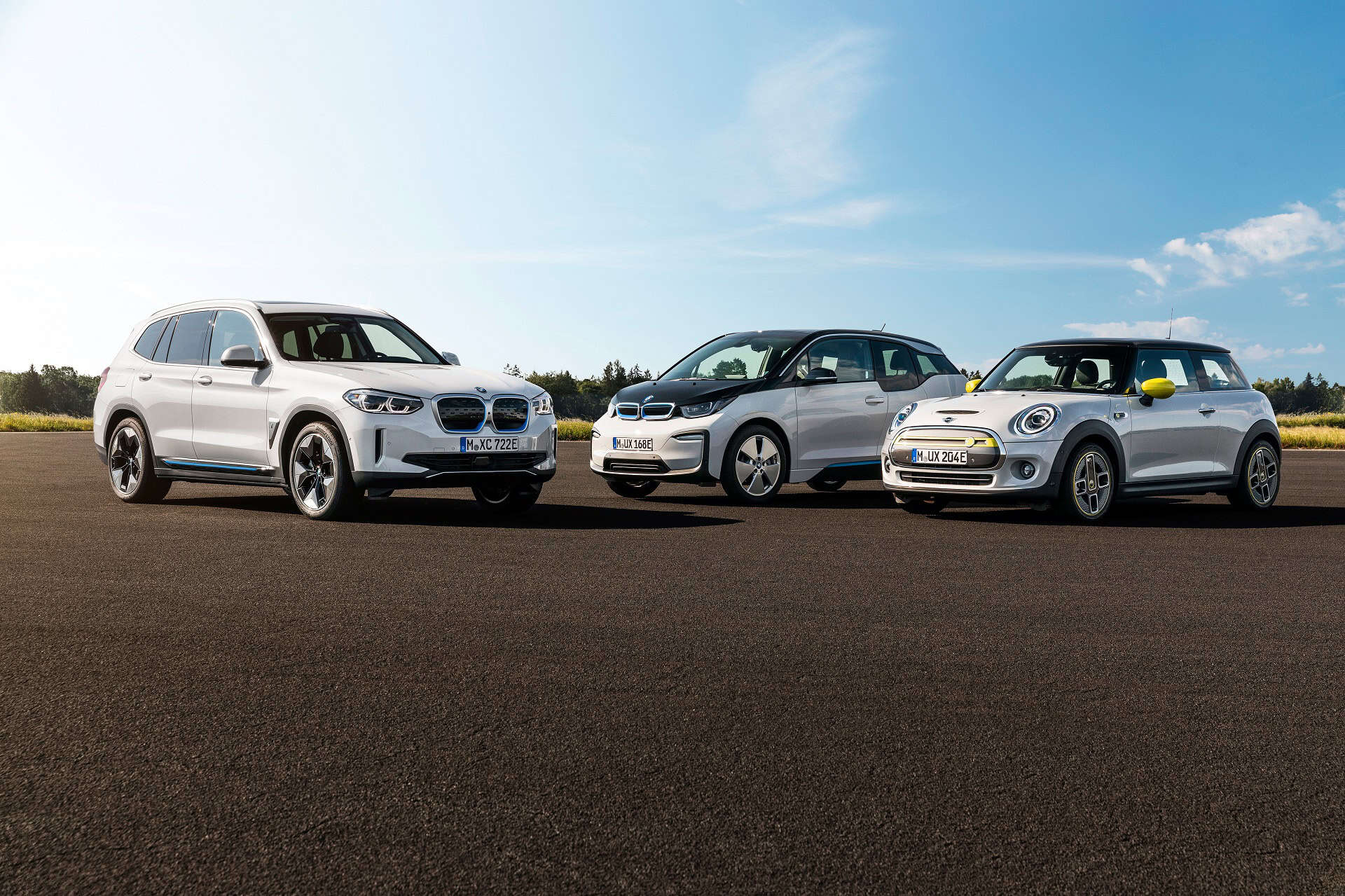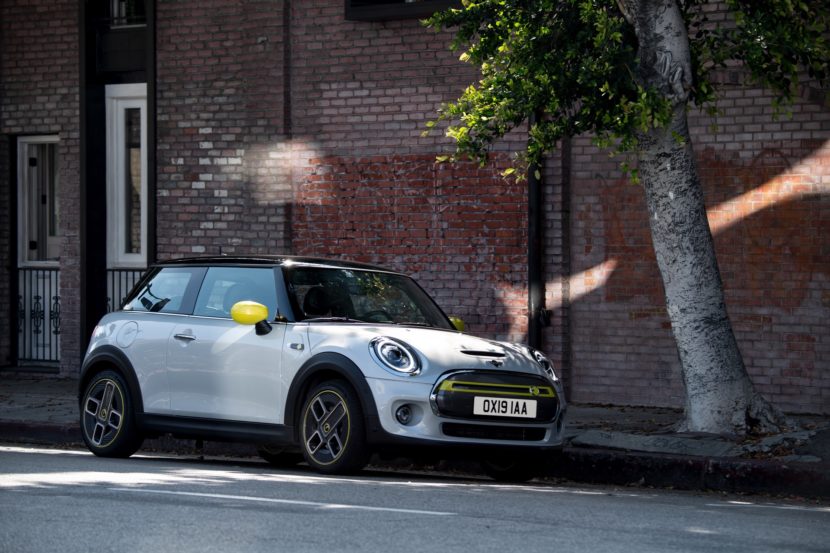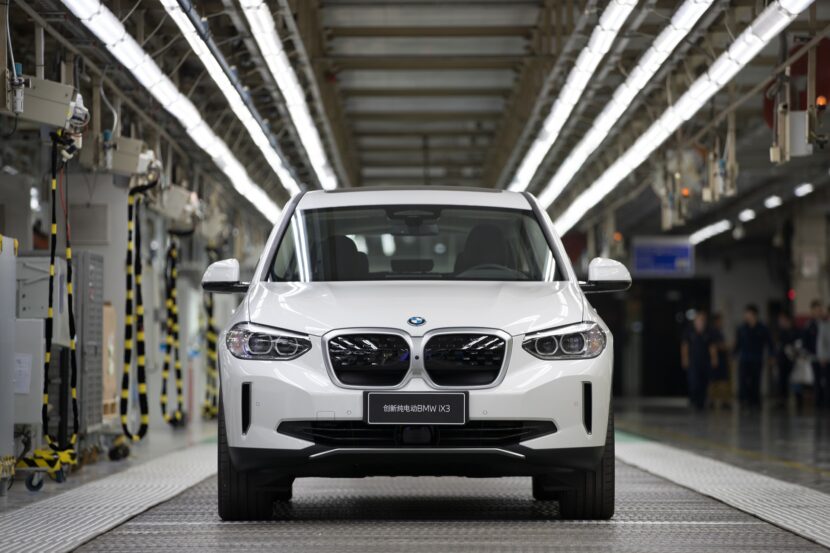One of the big questions people have about the ‘eco friendly’ character of electric vehicles revolves around the batteries they use. As you may know, batteries aren’t exactly the most eco-friendly products out there and recycling them or giving them another purpose after they have been used is a big step in the right direction. As it turns out, new ideas about what to do with them are popping up every day, and BMW UK just unveiled an interesting option.
This week, BMW and Off Grid Energy announced a new solution for second-life batteries in the shape of a mobile EV charging station. BMW will supply Off Grid Energy with battery modules for them to adapt to create mobile power units, giving retired BMW and MINI EV batteries a useful second-life when they can no longer efficiently be used in cars.
BMW and MINI EV batteries have a warranty of eight years or 100,000 miles. After this period the battery could still retain up to 80 per cent of its initial capacity. However it is inevitable that at some stage, the battery will no longer function at an optimum level for the car – although it can continue to serve a ‘secondary use’ purpose as a mobile power source.
“BMW Group will have 25 electrified models on the roads by 2023 – half of them fully electric. We are delighted to work with Off Grid Energy to find a sustainable way of continuing to use these valuable batteries, even after they have put in many years of service in our electrified cars,” said Graeme Grieve, CEO BMW Group UK.
The first prototype unit is now up and running, powered by lithium-ion battery modules extracted from a MINI Electric development vehicle. It has a 40kWh capacity delivering a 7.2kW fast charge and will be used at BMW and MINI UK events over the next year. As more battery modules become available over time, systems will be built with a capacity of up to 180kWh and able to provide multiple charges at rates of up to 50kW.
When these units are used to displace conventional ways of generating temporary power, the battery modules will at least double the CO2 reduction achieved in their original use in the car, continuing their positive impact in reducing carbon emissions.



















































